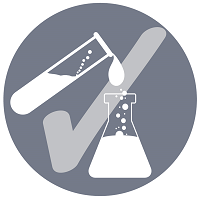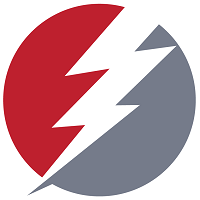Formulation and Delivery
Rapid Fires: Accelerating Drug Development Through Digital Innovation
Enabling Accelerated Drug Development Through Application of High Throughput Capabilities
Wednesday, November 12, 2025
3:00 PM - 3:15 PM CT
Location: Stars at Night B1

Shruti Gour, MS
Director
Process Development, Amgen
Cambridge
Rapid Fire Speaker(s)
Rapid formulation development is an essential lever in accelerating protein therapeutic development in a competitive environment. High throughput (HT) capabilities offer opportunities to screen a broad range of formulations, helping to select a small number of promising candidates with acceptable changes to product quality.
While use of HT capabilities to characterize a broad formulation space is well known, challenges related to representative primary containers and microbial/moisture control remain. These challenges typically make plate-based studies more amenable to characterization techniques than long-term stability. Short term stability can still be assessed at elevated temperatures to accelerate degradation rates; however, it is commonly found that proteins can degrade in a non-linear fashion at elevated temperatures, therefore making it difficult to predict long term stability from short term elevated temperature exposures. Proposals to expand the capability of HT workflows to identify lead formulation candidates while mitigating liabilities will be presented for discussion and feedback.
While use of HT capabilities to characterize a broad formulation space is well known, challenges related to representative primary containers and microbial/moisture control remain. These challenges typically make plate-based studies more amenable to characterization techniques than long-term stability. Short term stability can still be assessed at elevated temperatures to accelerate degradation rates; however, it is commonly found that proteins can degrade in a non-linear fashion at elevated temperatures, therefore making it difficult to predict long term stability from short term elevated temperature exposures. Proposals to expand the capability of HT workflows to identify lead formulation candidates while mitigating liabilities will be presented for discussion and feedback.
Learning Objectives:
- Upon completion, participant will be able to understand utilization of high throughput workflows to support identification of lead formulation candidates for biologic therapeutics.
- Partipant will be able to understand challenges associated with studying formulations on a well plate vs representative containers.
- Participant will be able to understand Amgen's aspirations to accelerate drug product development utilizing high throughput and automation.


